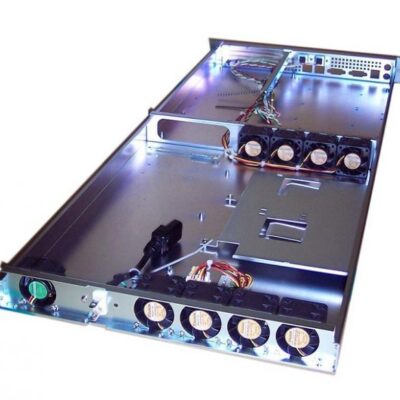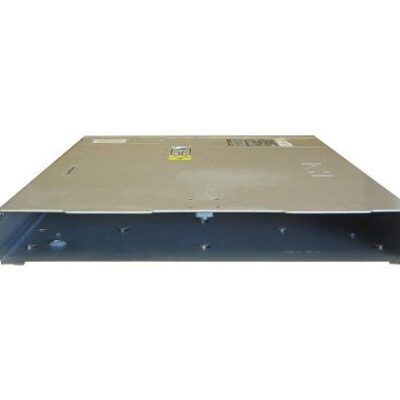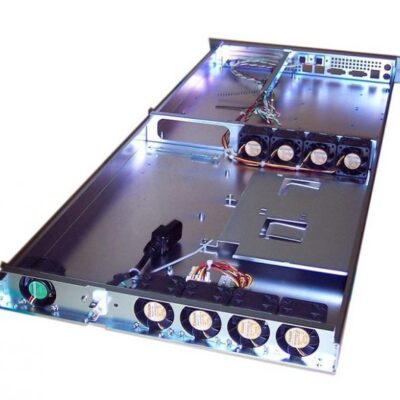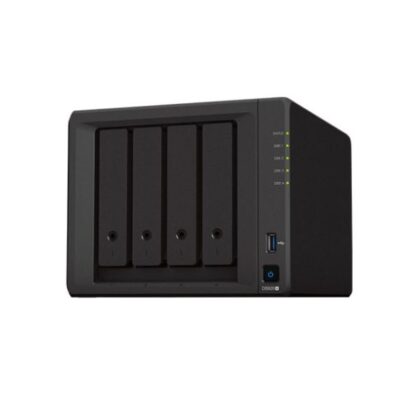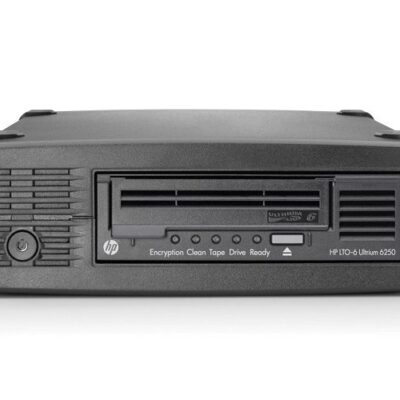-
Products
- Brands
- Services
- Solutions
- Promotions
- About Us
By Brands
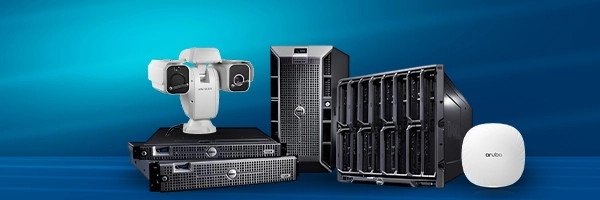

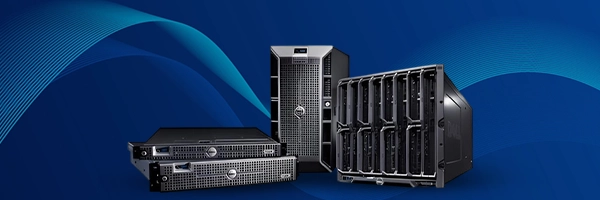
About Us
At TechMatter UAE, we specialize in providing IT and digital marketing
solutions designed to empower businesses in their growth and enhance
efficiency.
Contact Us
Events
- ICT InnovateTech Webinars
- Global Live Conferences

Promotions & Deals
Check out New Arrivals, Stock Sale,
Clearance, and Free Coupons. Save big on
top-quality network products
Solutions
Explore ICT solutions and select the right one for your demands,
including Networking,
Optical Network, and more.
Networking
- Campus Wired Network Design
- Cisco Wired & Wireless Solutions
- SMB Network Design
- HPE Aruba Wired & Wireless Solution
Security
- NGFWs-Smart Security Solution
- Security Migration Options
- SMB Solution with Firewall
Optical Network
- FTTH Solution
- FTTx Solutions
- FTTB/FTTC Solution
- FTTD Solution
- Access Network Case Design
- 10 GPON Solution
- POL Solution
- D-CCAP Solution
Data Center
- Data Center Basic Layers Design
- Internet Data Center Construction Solution
Cloud
- Alibaba Cloud

-
Products
-
Routers
-
Cisco Routers
- Cisco Router ISR 1900
- Cisco Router ISR 2900
- Cisco Router ISR 3900
- Cisco Router ISR 4000
- Cisco Router ISR 1100
- Cisco Router ISR 800
- Cisco Router ISR 900
- Cisco Router ASR 900
- Cisco Router ASR 1000
- Cisco Router ASR 5000
- Cisco Router ASR 9000
- Cisco Router 10000 SERIES
- Cisco Router 12000 SERIES
- Cisco Router ISR 1800
- Cisco Router ISR 2800
- NETGEAR Routers
- TP-LINK Routers
- D-LINK Routers
- JUNIPER Routers
-
Switches
-
Aruba Switches
- Aruba 2530 Series Switches
- Aruba 2540 Series Switches
- Aruba 2920 Series Switches
- Aruba 2930M Series Switches
- Aruba 3810 Series Switches
- Aruba 5400R Series Switches
- Aruba 6000 Series Switches
- Aruba 6300F Series Switches
- Aruba 8320 Series Switches
- Aruba INSTANT ON 1930 Switches
- Aruba Switches Accessories
-
Cisco Switches
- Cisco Switch Catalyst 2960
- Cisco Switch Catalyst 9200
- Cisco Switch Catalyst 9300
- Cisco Switch Catalyst 9400
- Cisco Switch Catalyst 9500
- Cisco Switch Catalyst 3650
- Cisco Switch Catalyst 3750
- Cisco Switch Catalyst 3850
- Cisco Catalyst 1000 SERIES Switch
- Cisco Catalyst 1300 SERIES Switch
- Cisco Catalyst COMPACT Switch
- Cisco Nexus 2000 Series
- Cisco Nexus 3000 Series
- Cisco Nexus 7000 Series
- Cisco Nexus 9000 Series
- Cisco Industrial 1000 Series Switch
- Cisco Industrial 2000 Series Switch
- Cisco Industrial 3000 Series Switch
- Cisco Industrial 4000 Series Switch
- Cisco Smart Switch Business 220 Series
- Cisco Smart Switch Business 250 Series
- Cisco Switch Business 350 Series
-
HPE Switches
-
D-LINK Switches
- D-LINK and Points Switches
- D-LINK Aggregation Switches
- D-LINK Data Center Switches
- D-LINK Fully Managed Switches
-
Huawei Switches
- Huawei S1700 Series Switches
- Huawei S2300 Series Switches
- Huawei S2700 Series Switches
- Huawei S3300 Series Switches
- Huawei S3700 Series Switches
- Huawei S5300 Series Switches
- Huawei S5700 Series Switches
- Huawei S5720 Series Switches
- Huawei S5730 Series Switches
- Huawei S5731 Series Switches
- Huawei S5735 Series Switches
- Huawei S6700 Series Switches
- Huawei S7700 Series Switches
- Huawei S9300 Series Switches
- Huawei S9700 Series Switches
- LINKSYS Switches
- TP-LINK Switches
- UBIQUITI Switches
-
Servers
-
Firewall
-
Cisco Firewall
- Cisco Firepower 2100 Series
- Cisco Firepower 2100 Series Appliances
- Cisco Firepower 4100 Series Appliances
- Cisco Firepower 7000 Series Appliances
- Cisco Firepower 8000 Series Appliances
- Cisco Firepower Appliance Accessories
-
Fortinet
-
Wireless APS & Controllers
-
Cisco APS &
Controllers
- Cisco 1600 Access Point
- Cisco 1840 Access Point
- Cisco WLAN Controller
- Cisco AIRONET 4800 Series Access Points
- Cisco Catatyst 9100 WIFI 6 APS
- Cisco Catatyst IW6300 Series Heavy Duty Access Points Series
-
Aruba APS &
Controllers
- Aruba Access Point
- Aruba AP Indoor Antenna
- Aruba AP Outdoor Antenna
- Aruba AP318 Access Point
- Aruba AP344 Access Point
- Aruba AP345 Access Point
- Aruba AP365 Access Point
- Aruba AP374 Access Point
- Aruba AP375 Access Point
- Aruba AP377 Access Point
- Aruba AP504 Access Point
- Aruba AP505 Access Point
- Aruba AP505h Access Point
- Aruba AP518 Access Point
- Aruba AP534 Access Point
- Aruba AP535 Access Point
- Aruba AP574 Access Point
- Aruba AP575 Access Point
- Aruba AP575ex Access Point
- Aruba AP577 Access Point
- Aruba AP577ex Access Point
- Aruba Cm AP505 Access Point
- Aruba Cm AP535 Access Point
- Aruba IAP304 Access Point
- Aruba IAP305 Access Point
- Aruba IAP324 Access Point
- Aruba IAP335 Access Point
- Aruba Instant On Indoor Access Points
- HPE Aruba AP Antennas
- HPE Aruba Instant On Indoor Access Points
-
HPE Wireless
-
Storage Devices
-
Internal Hard Drives
- Seagate Hard Drives
- Western DIGITAL Hard Drives
- IBM Hard Drives
- NetApp Hard Drives
- Toshiba Hard Drives
-
External Hard Drives
-
Solid State Drive SSD
-
QNAP Storages
-
HPE Storages
- HPE 3PAR Storage
- HPE Disk Enclosures
- HPE MSA Storage
- HPE NAS Storeeasy Storage
- HPE NIMBLE Storage
- HPE Storage Network Switches
- HPE Storage Transceivers
- HPE Storeever TAPE Storage
- HPE Storeonce Storage
- HPE Storevirtual Storage
- HPE Tape Storage
- QUANTUM Storages
-
Graphics Card
- NVIDIA Graphics Card
- MSI Graphics Card
- ZOTAC Graphics Card
- ASUS Graphics Card
- GIGABYTE Graphics Card
- ASROCK Graphics Card
- AMD Graphics Card
- EVGA Graphics Card
- PNY Graphics Card
-
IP Phones
-
Cisco IP Phones
- Cisco 3900 IP Phone
- Cisco 6800 IP Phone
- Cisco 6900 IP Phone
- Cisco 7800 IP Phone
- Cisco 7900 IP Phone
- Cisco 8800 IP Phone
- Cisco 8900 IP Phone
- Cisco 9900 IP Phone
- Panasonic
- Grandstream
-
Video Surveillance
-
Juniper
-
Juniper Switches
- Juniper QFX5100 Series Switches
- Juniper EX4300 Series Ethernet Switches
- Juniper EX4600 Series Ethernet Switches
- Juniper EX2300 Series Ethernet Switches
- Juniper EX3400 Series Ethernet Switches
-
Juniper Security
-
Juniper Products Bundle
- Juniper Transceivers
- Juniper Modules
- Juniper Rack-Mount Kit
- Juniper Power Supplies
-
Juniper Router
-
Brands
-
Services
-
Solutions
- Cloud Computing
- Data Centers
- Networking
- Security
-
Promotions
- Special Offers
- Seasonal Discounts
- Bundle Deals
-
About Us
-
Explore TechMatter
-
Follow Us
-
Contact Us










